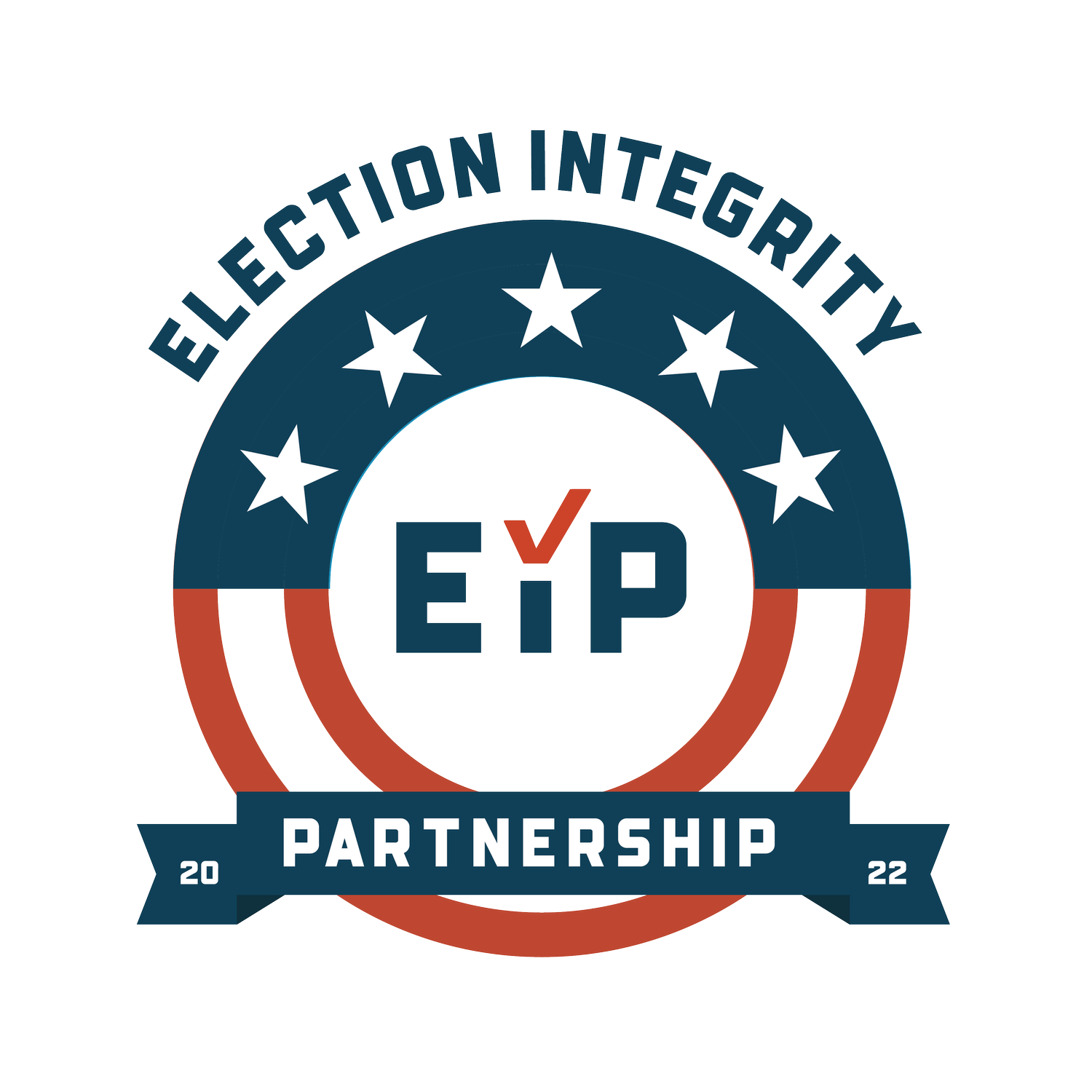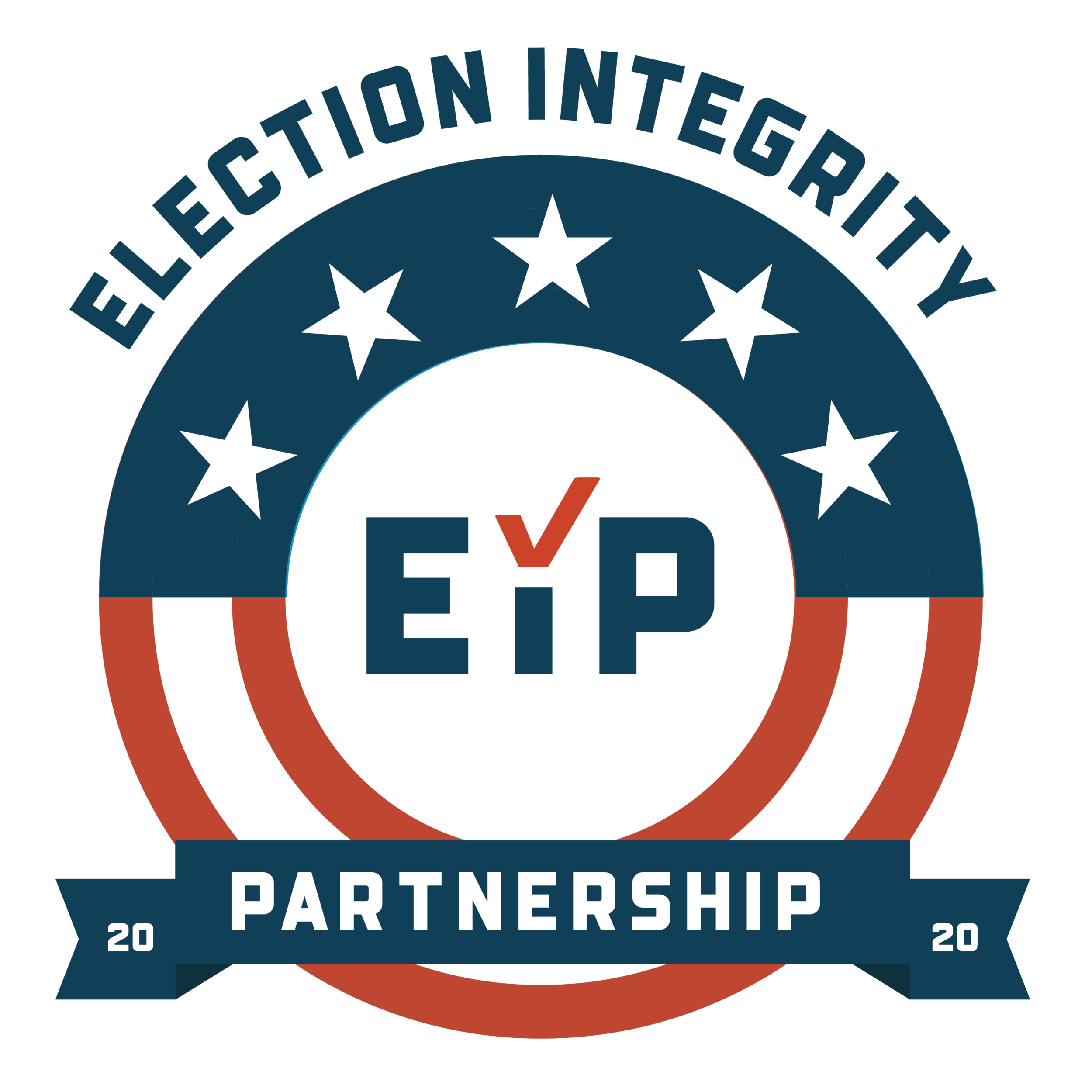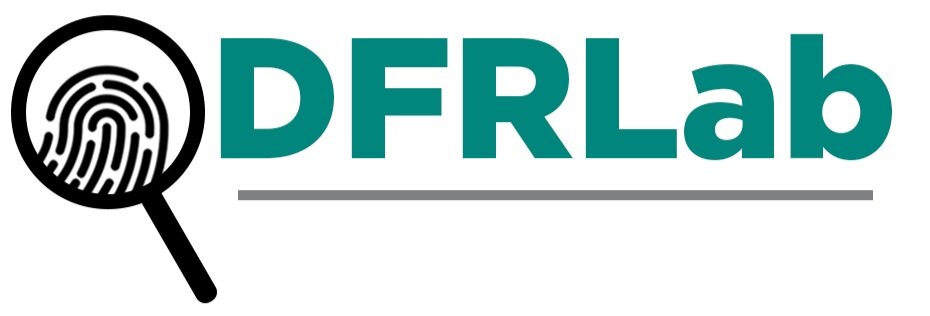The 2020 Election Integrity Partnership
The Election Integrity Partnership (EIP) was formed in July 2020 as a coalition of research entities focused on supporting real-time information exchange between the research community, election officials, government agencies, civil society organizations, and social media platforms.
Our objective was to detect and mitigate the impact of attempts to prevent or deter people from voting or to delegitimize election results. In March 2021 we published our final report. This page displays an archive of the work carried out by the EIP and its partners during the 2020 U.S. election.
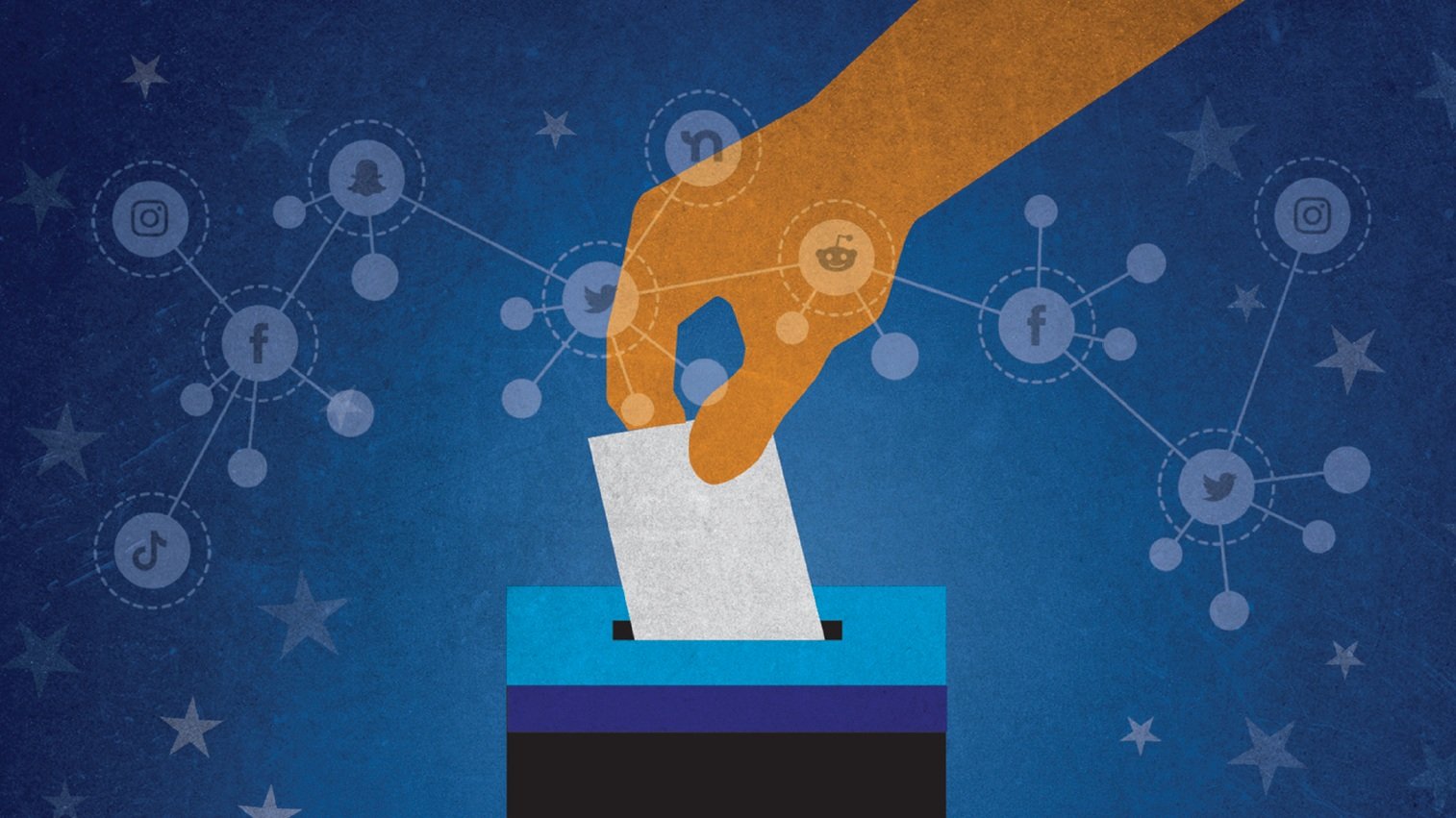
The Final Report.
The Long Fuse: Misinformation and the 2020 Election.
Blog archive.
Blog posts and publications during the 2020 election cycle.
filter by…

Media Largely Frames Trump’s Victory Declaration as False in Headlines
The way the media frames misinformation plays a role in how the public interprets, remembers and ultimately believes the information. After President Donald Trump claimed victory during a press conference early this morning, media outlets faced the challenge of how to report it.

EIP on Election Day
The Election Integrity Partnership will share updates on our monitoring and analysis throughout Election Day on November 3rd.

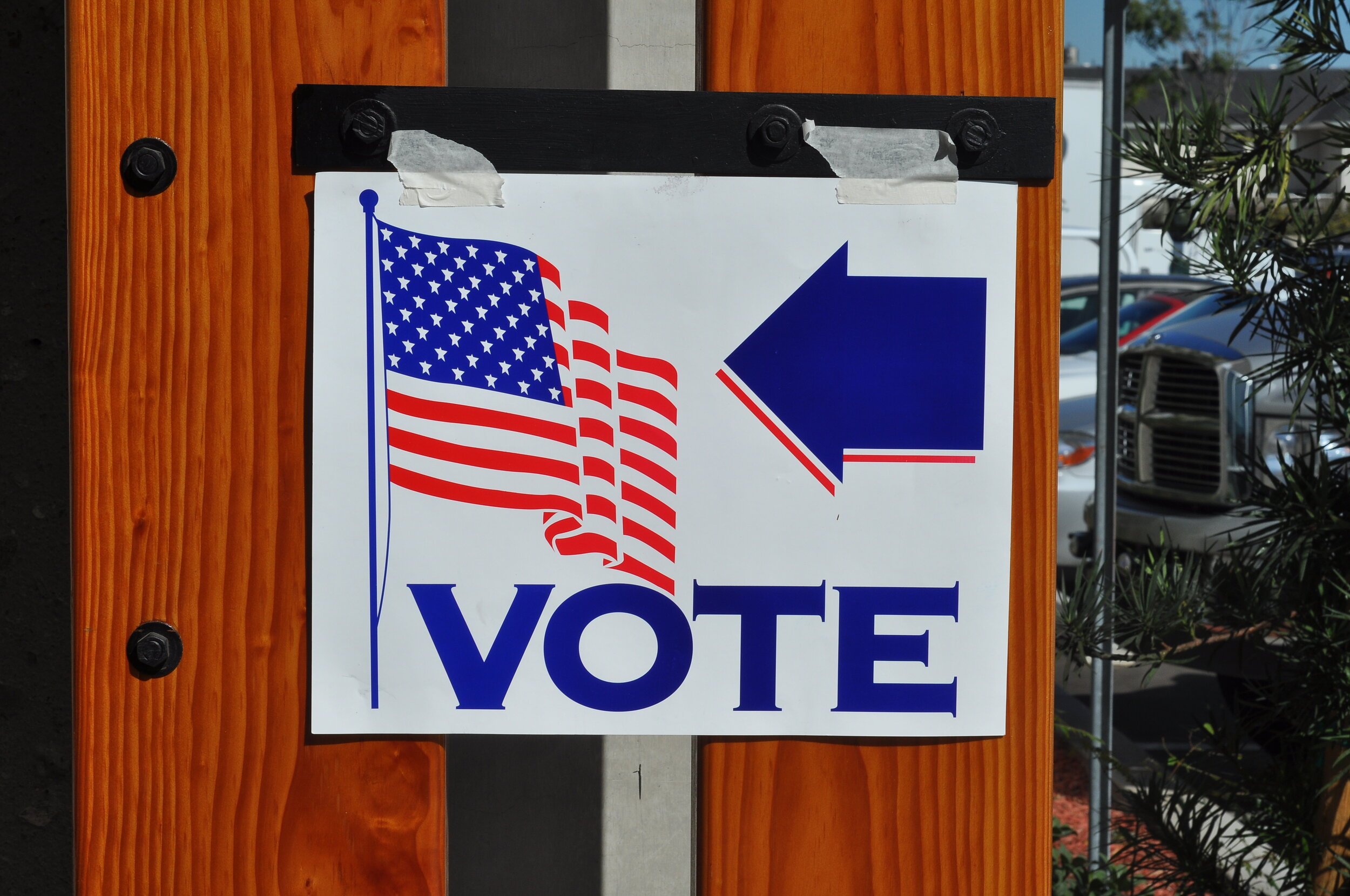

The Ballot Harvesting Trope
Ballot collecting, or ballot harvesting as it is more adversarily known, is legal either with or without restrictions in 26 states. The practice in its simplest form allows a designated agent to deliver an absentee or vote-by-mail ballot on behalf of a voter. Proponents say it increases voter turnout by limiting the barriers to vote. Opponents say it can enable bad actors to change or destroy ballots. In the past month, EIP has received and analyzed numerous reports related to ballot harvesting. Some contained no falsifiable claims and were therefore unactionable under our procedures. Others had already received widespread coverage from media outlets. We see this complex topic as a repeated narrative leading up to the election.

Analysis of Wednesday’s foreign election interference announcement
This week has seen a flurry of activity related to potential voter suppression, starting with the sending of threatening emails, purportedly from the Proud Boys, to voters in several states; the release of a video purporting to show the hacking of voter registration databases; and finally the attribution of this activity to the Islamic Republic of Iran by the United States government.


Emerging Narratives Around ‘Mail Dumping’ and Election Integrity
On Wednesday, Sept. 23, the hyper-partisan, right-wing news website Gateway Pundit published an article stating that a batch of mail — including absentee ballots — had been found in a ditch in Greenville, Wisconsin. The article, which borrowed heavily from local media for factual details about the actual incident, falsely framed the situation as evidence that Democrats were “stealing the 2020 election.” (There is no evidence that the incident was politically motivated, that it is part of a pattern or strategy, or that it will have any effect on the election.) The false framing built upon and amplified existing narratives that mail-in voting is untrustworthy and other unfounded claims that there will be widespread fraud in the 2020 U.S. election.

Examining Twitter’s policy against election-related misinformation in action
On the morning of August 23, 2020, President Trump tweeted misleading information about mail-in voting and ballot drop-off boxes. The claims in the tweet violated Twitter’s relatively new Civic integrity policy, and the platform took action on his post. In this data-driven post we first examine the tweet’s propagation through Twitter and the effect of the platform’s response — in this case, adding a label and disabling the ability to retweet the content. We then discuss how the elements of Trump’s tweets violated Twitter’s policies and break the tweet down against 4 key categories of election integrity.
